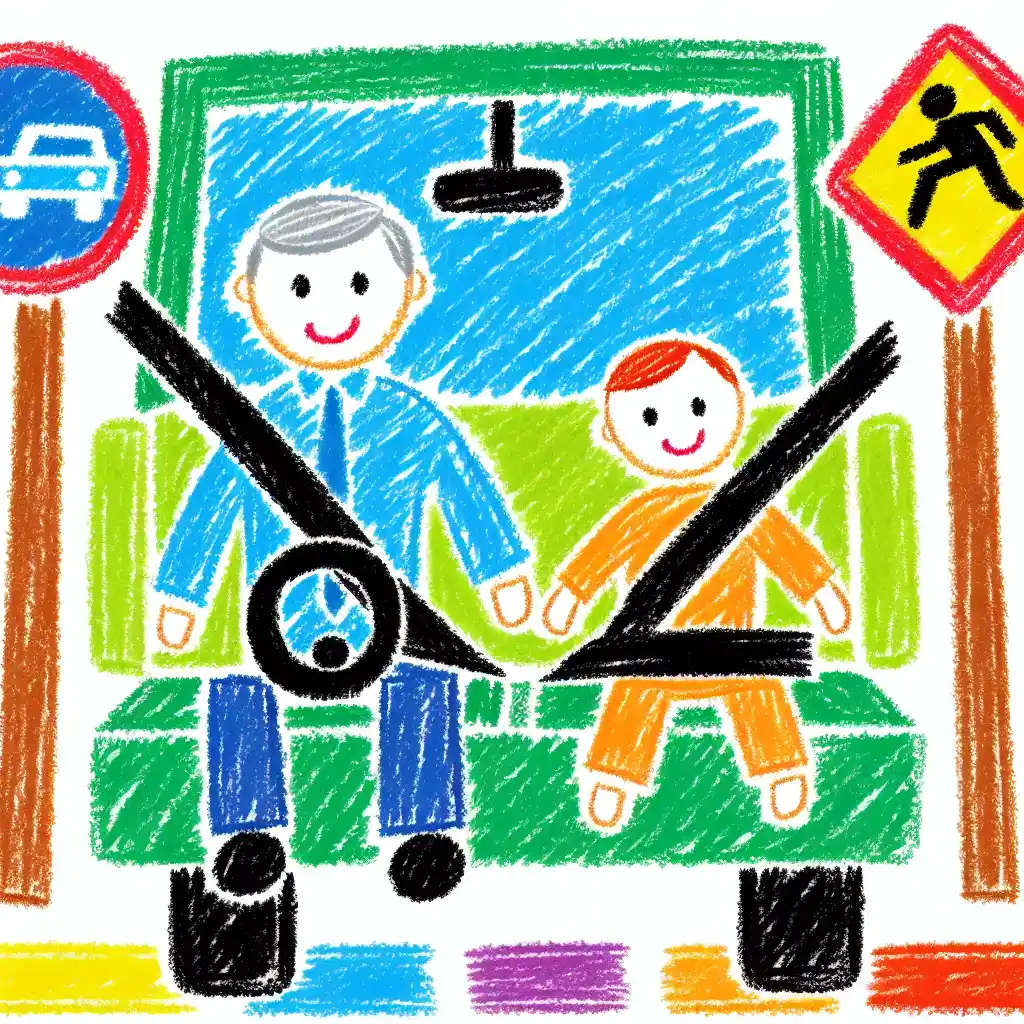Older driver rules 'could have saved mum's life'

Explain Like I'm 5
Imagine you have a toy car that you really love playing with, but as it gets older, it doesn’t drive as straight or fast as it used to. Now, imagine if we had special checks to make sure old toy cars still worked well enough to race with the newer ones. Claire Eady thinks something similar should happen with older drivers. She believes that if there were better checks to make sure elderly drivers can still drive safely, it might have prevented the car accident that her mom was in. It’s like making sure everyone on the road is playing fair and safe, so no one gets hurt.
Explain Like I'm 10
Claire Eady’s mother was involved in a car accident, and sadly, she didn’t survive. Claire thinks this could have been avoided if there were stricter rules for checking if older people can still drive safely. As people get older, just like machines, their skills can get a bit rusty – like eyesight getting weaker or reactions slowing down. Claire is suggesting that we should have better tests to make sure elderly drivers are still good at driving, like a sort of “yearly check-up” for drivers. This isn't about stopping people from driving as they get older, but making sure they can do so without putting themselves or others at risk. It’s a bit like how we have rules at school to make sure everyone stays safe and happy.
Explain Like I'm 15
Claire Eady is advocating for more stringent regulations governing the driving abilities of older individuals following the tragic death of her mother in a car accident. She believes that had there been more comprehensive testing or regular evaluations of elderly drivers' capabilities, the accident that claimed her mother's life might have been prevented. This raises important questions about age, safety, and driving. As people age, certain faculties, like vision and reflexes, naturally decline. Implementing regular checks could help ensure that only those who remain fully capable are behind the wheel, thus reducing the risk of accidents.
The broader implications here touch on societal responsibilities to both senior citizens and public safety. Finding a balance is tricky; we want to respect the independence and rights of older adults while also ensuring they do not pose a danger when driving. Some countries have policies like mandatory vision tests or even driving tests after a certain age, but this is far from universal. The discussion Claire Eady has sparked could lead to more conversations about how we manage elderly driving, balancing safety with respect for seniors’ autonomy. Going forward, experts might look into data regarding accidents involving older drivers to inform these policies, ensuring decisions are based on evidence to best protect everyone on the road.
Want to read the original story?
View Original Source